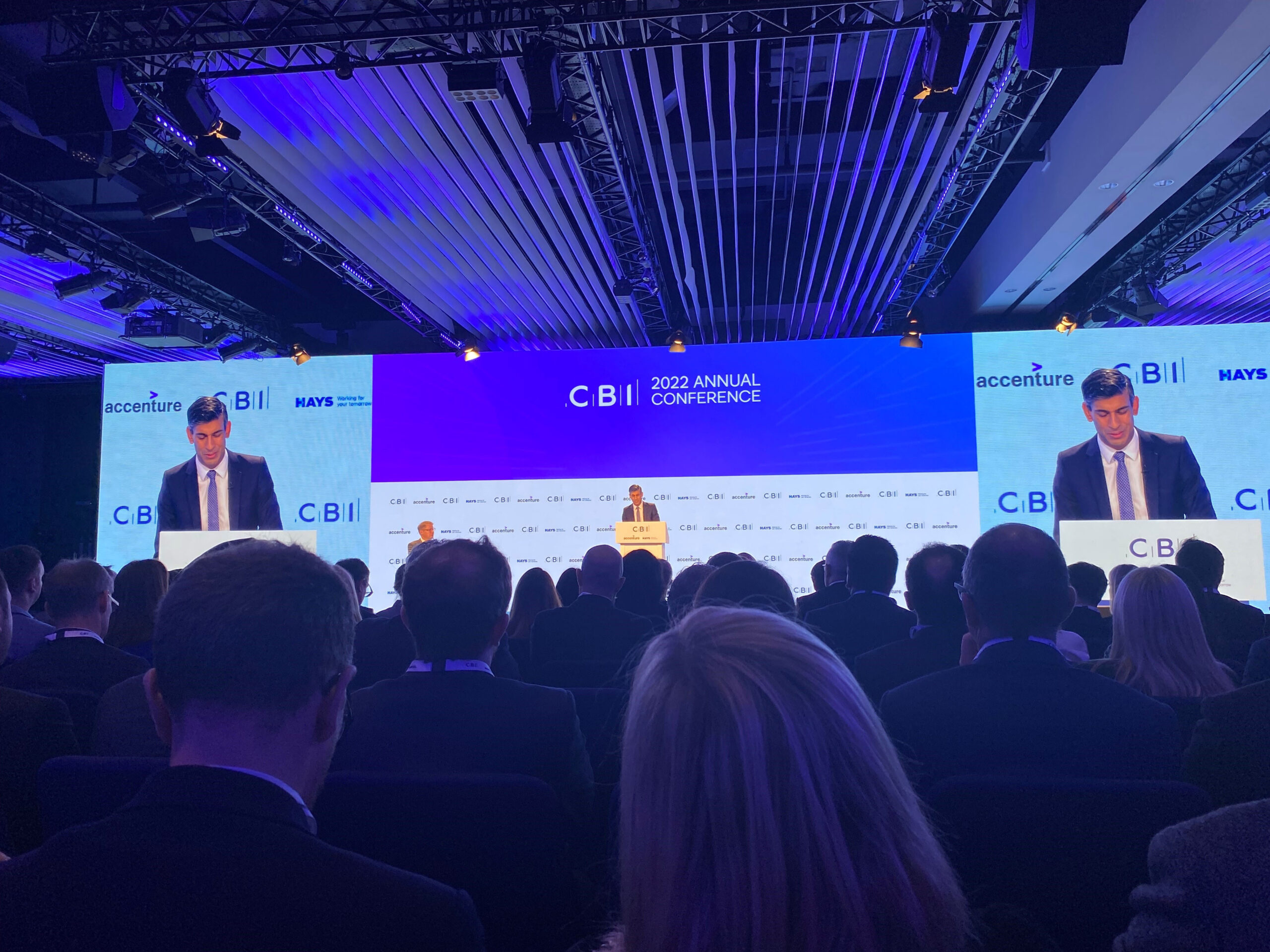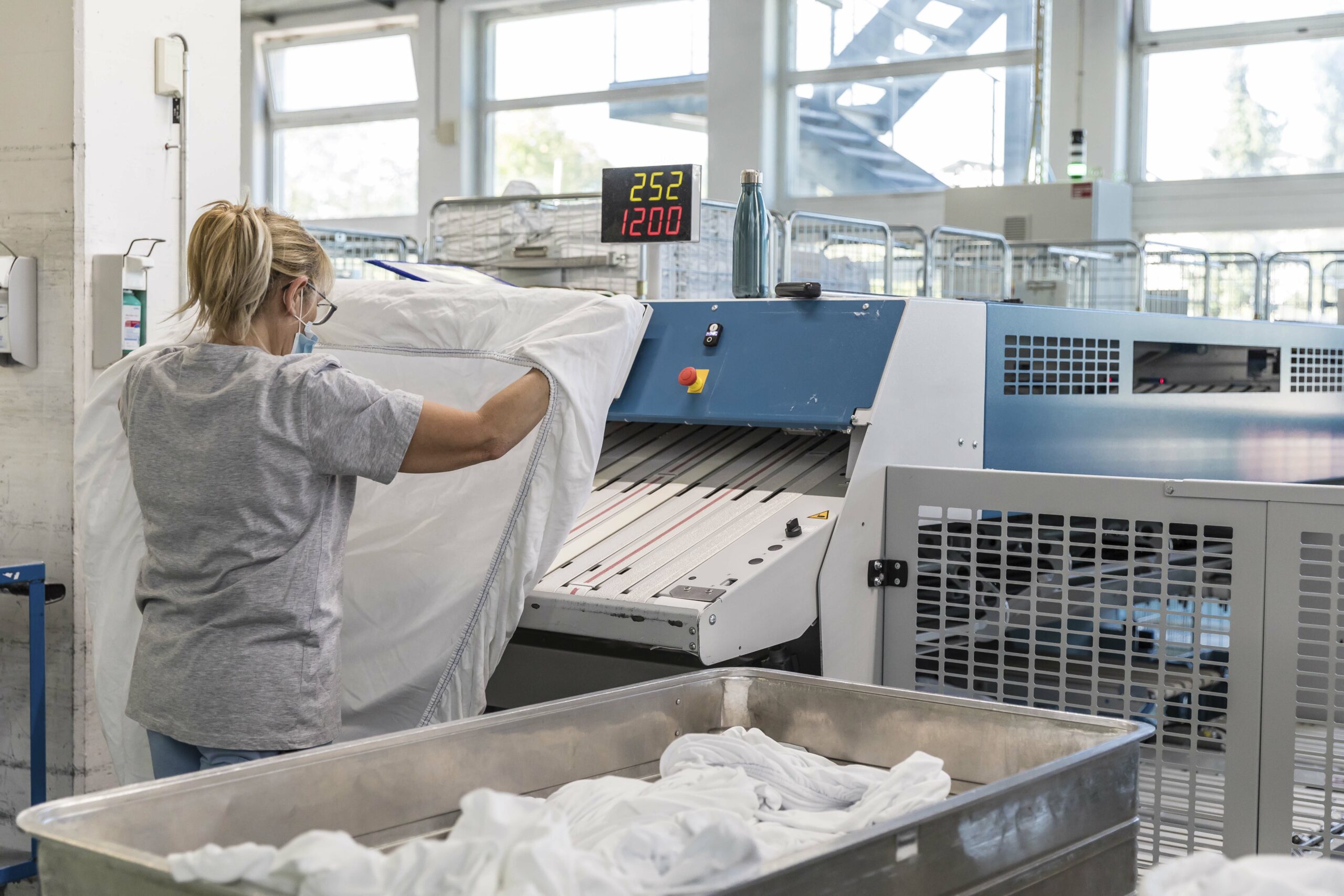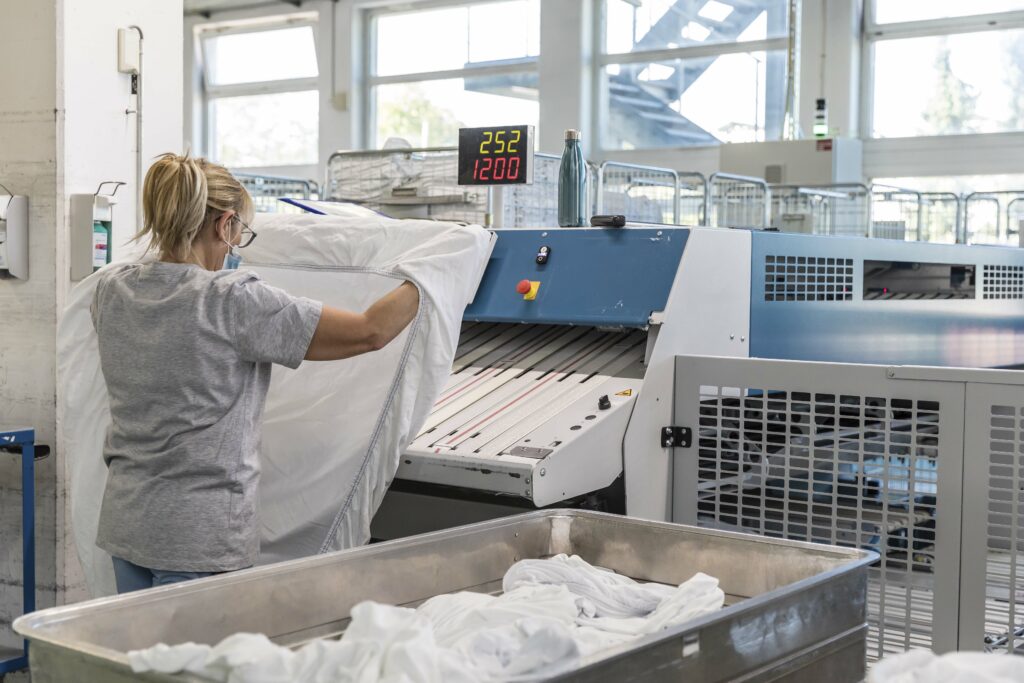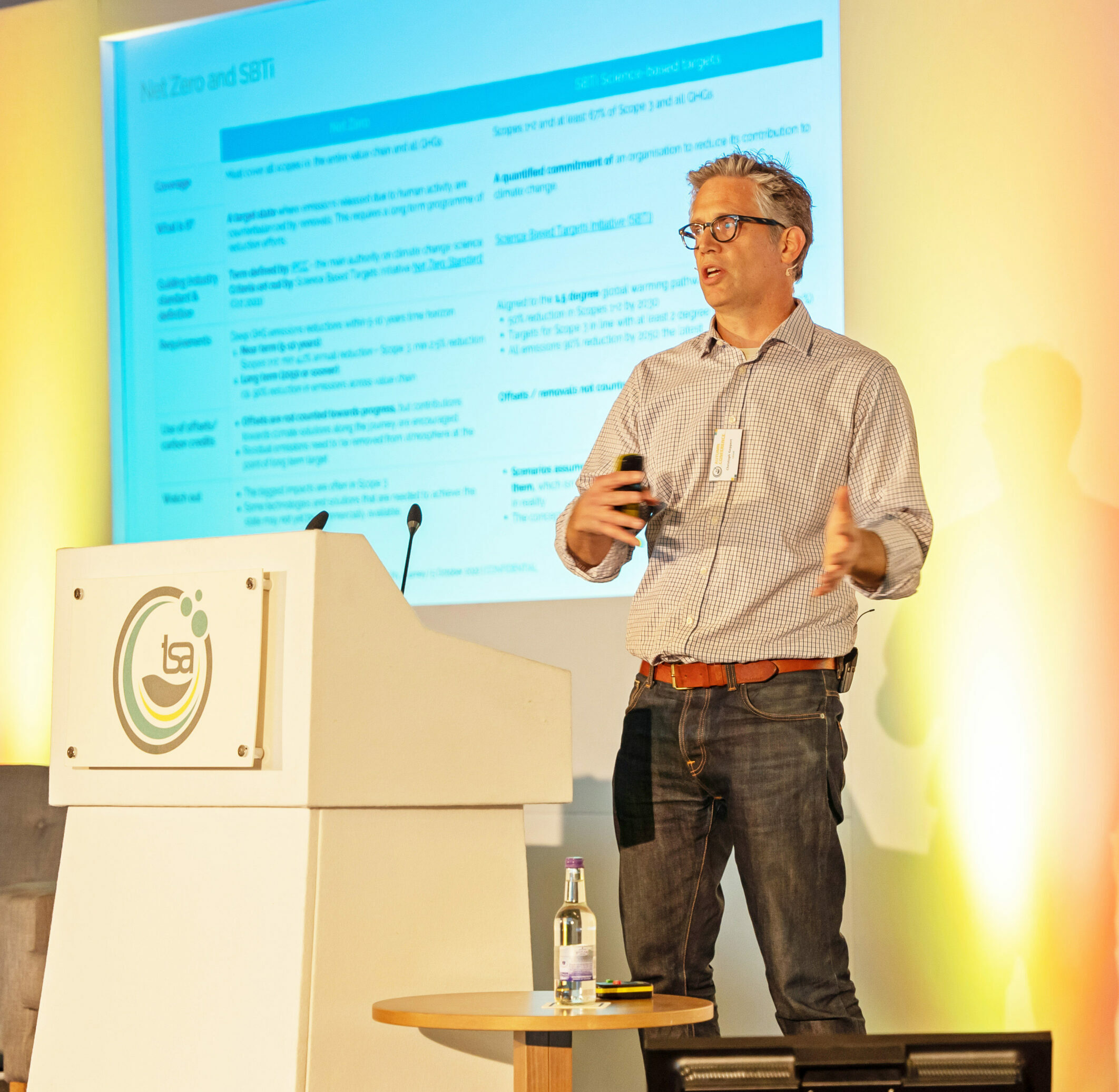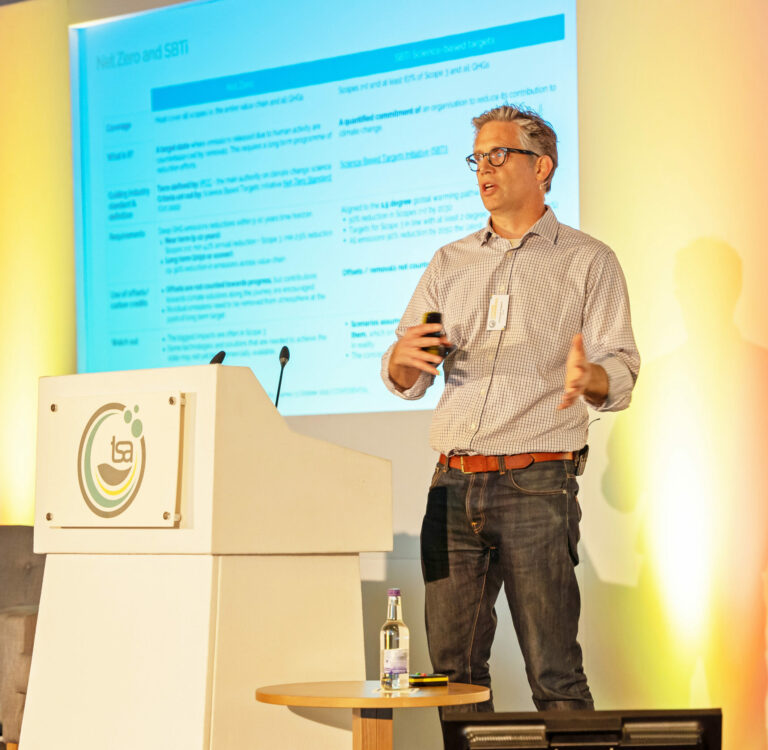TSA asks laundries to support lobbying by writing to their MP
If the energy support ends in March, commercial laundries are in for a very rough ride. The TSA is lobbying government to continue to provide support after March, and it is calling on commercial laundry owners and executives to write to their local MPs to really push the message home.
“We are writing to the PM, Chancellor and BEIS,” says David Stevens, CEO of the TSA. “But we can be much more effective if individual MPs are raising questions about our predicament, too. That’s where individual laundries can help – by persuading their MPs to take up the cause.”
The TSA has put together a letter template to help laundries willing to add their name to the cause. “It’s not just who you write to, it’s what you write,” says Stevens. “The letters need to include information about how your laundry impacts on the MP’s constituency – we need to make them understand just how important our industry is. Do you supply a hospital in the constituency? Mention it – and point out that without the support of commercial laundries, 90% of hospitals would have to shut down.”
The template gives suggestions as to what other things to include to maximise impact. For example, if the MP is interested in the environment, then include a mention of the industry’s Infinite Textiles project.
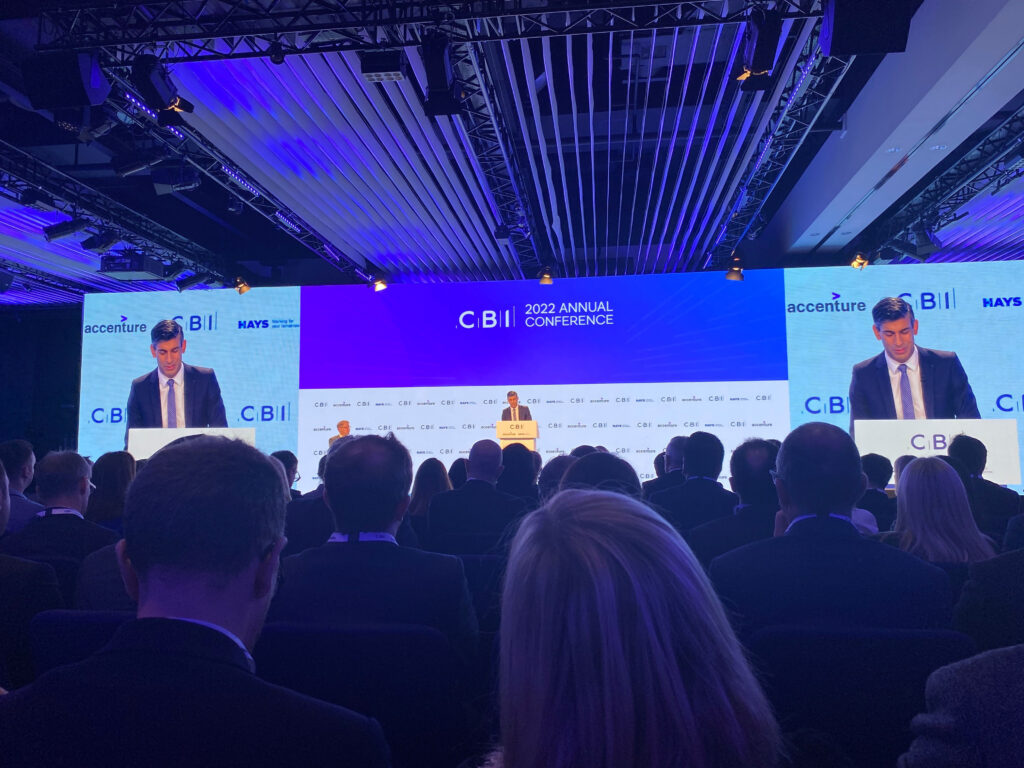
“We’re all in this together. If enough laundries write to their MPs, we can really stir things up. We have a strong argument for support – let’s make sure government gets the message!” says Stevens.
You can access the TSA’s letter template below:
If you have any queries, please do not hesitate to get in touch with us either via email or phone:
T +44 (0) 20 3151 5600
